NAD+
Looking to purchase or view pricing? Login or create an account using the buttons below!
Nicotinamide adenine dinucleotide (NAD+) is a critical coenzyme present in all living cells, essential for metabolic processes and cellular function. As a key mediator of redox reactions, NAD+ cycles between its oxidized (NAD+) and reduced (NADH) states to facilitate electron transfer, supporting ATP production and overall cellular energy metabolism. Beyond its role in bioenergetics, NAD+ is involved in over 500 enzymatic reactions, playing a pivotal role in cellular homeostasis. Emerging research suggests that NAD+ supplementation may enhance muscle function, protect neuronal cells, and mitigate age-related physiological decline, making it a potential target for therapeutic intervention in metabolic and neurodegenerative diseases [1].
In addition to its metabolic functions, NAD+ is integral to DNA repair and gene regulation, primarily through its interactions with sirtuins and poly (ADP-ribose) polymerases (PARPs). Sirtuins rely on NAD+ to modulate processes such as DNA repair, gene expression, and cellular stress resistance, contributing to longevity and cellular resilience. PARPs utilize NAD+ to facilitate DNA damage repair and maintain genomic integrity. The decline of NAD+ levels with aging has been linked to impaired mitochondrial function, increased oxidative stress, and genomic instability, highlighting its significance in aging and age-related diseases. Ongoing research continues to explore NAD+-boosting strategies as potential therapeutic approaches for enhancing cellular health and longevity.
.
Be the first to review “NAD+” Cancel reply
Hear From Other Physicians
See what medical professionals are saying about their experience with Nourish Peptides.
Nourish Peptides has been a game-changer for my practice. Their products are top-notch, and the ordering process is seamless.

High-quality peptides, competitive pricing, and fast shipping—everything I need from a trusted supplier.

I appreciate the exclusive doctor-only access. It gives me confidence in the authenticity and reliability of every product I order.

The best peptide supplier I’ve worked with! My patients have seen fantastic results, and the referral program is a great bonus.

Nourish Peptides
Only licensed doctors with an approved account can place orders.
Wholesale Pricing
Yes, we provide wholesale pricing and additional savings for bulk orders.
Account Creation
Simply sign up on our website and provide your medical credentials for verification.
Shipping
Orders are processed quickly, with most shipments arriving within 2-5 business days.


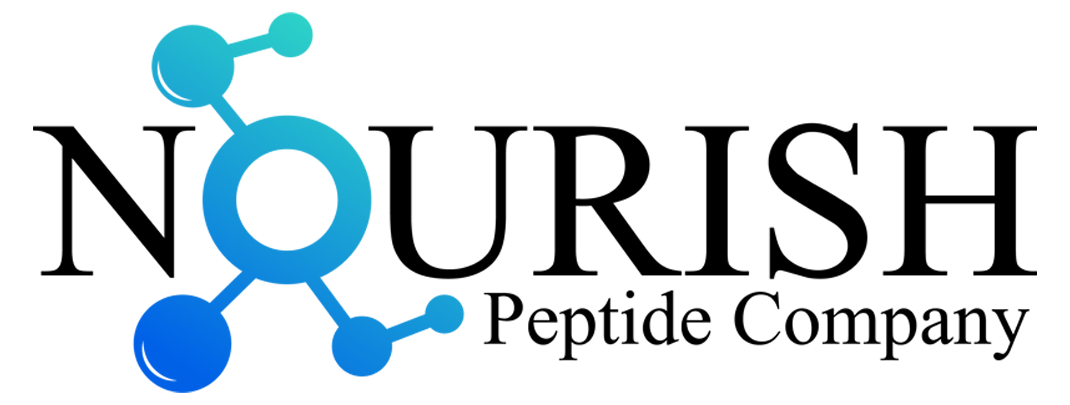
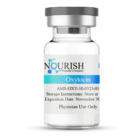






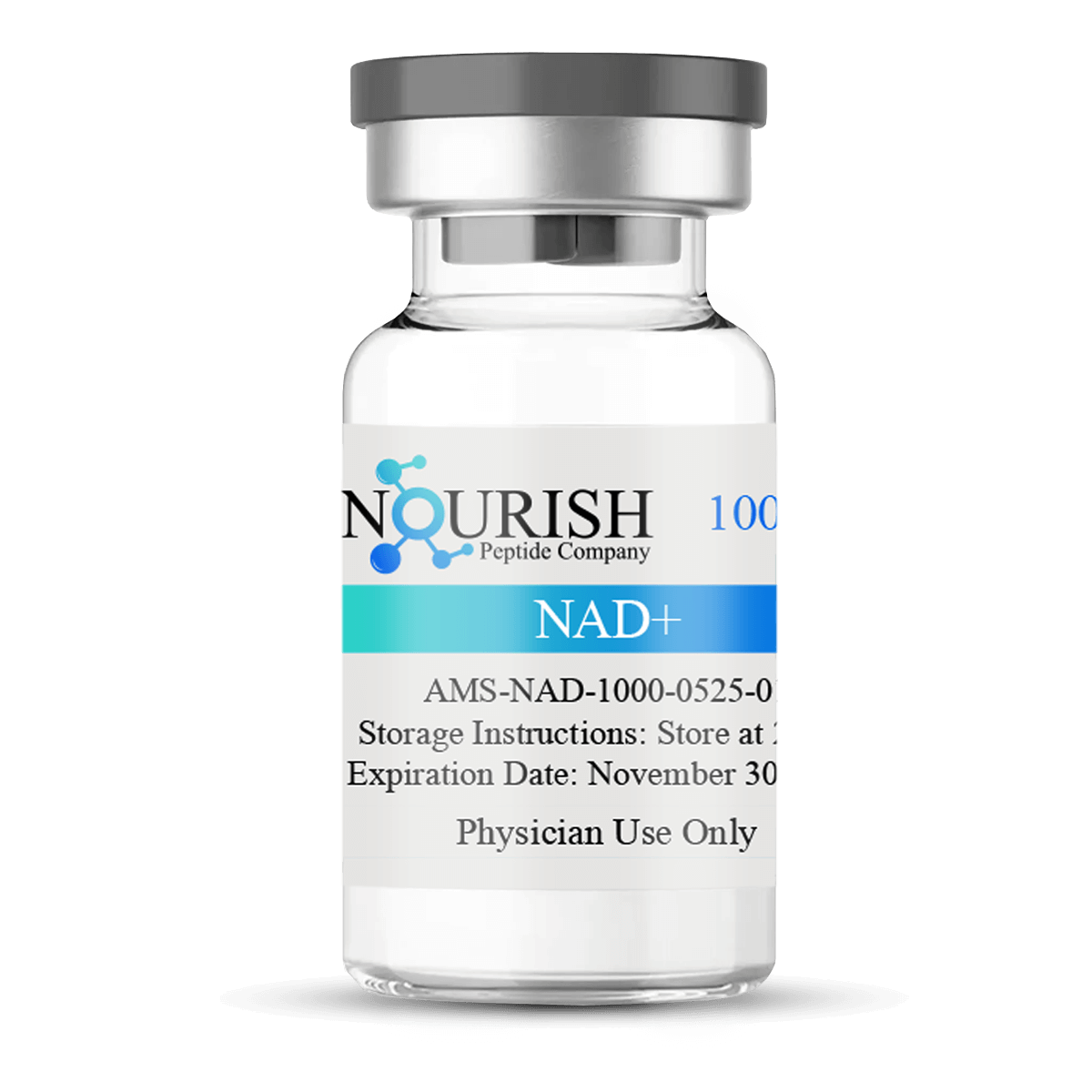
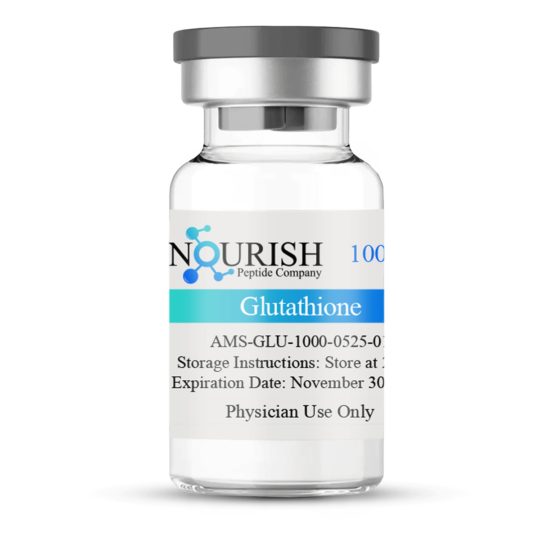
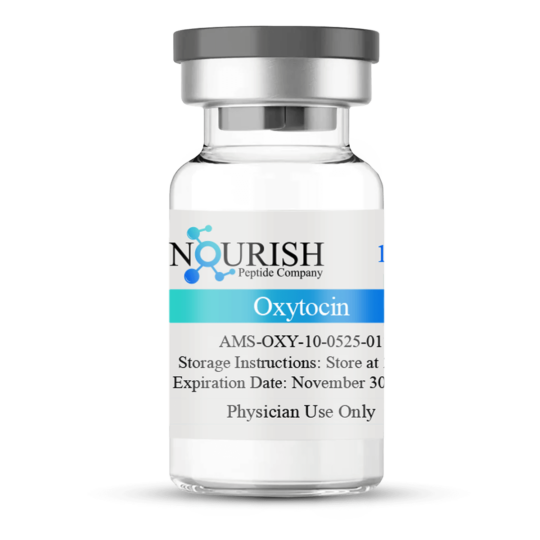
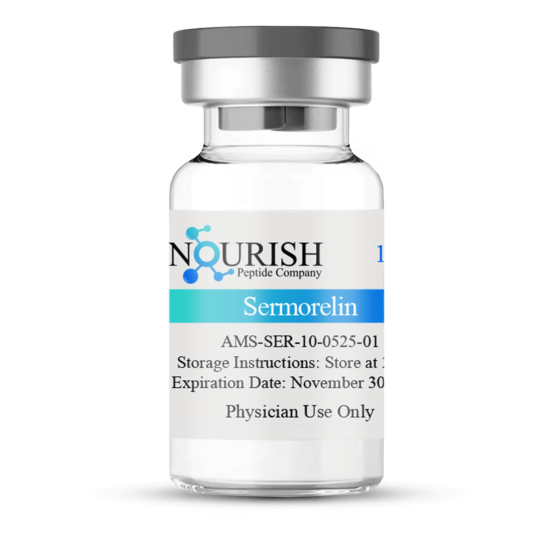
Reviews
There are no reviews yet.